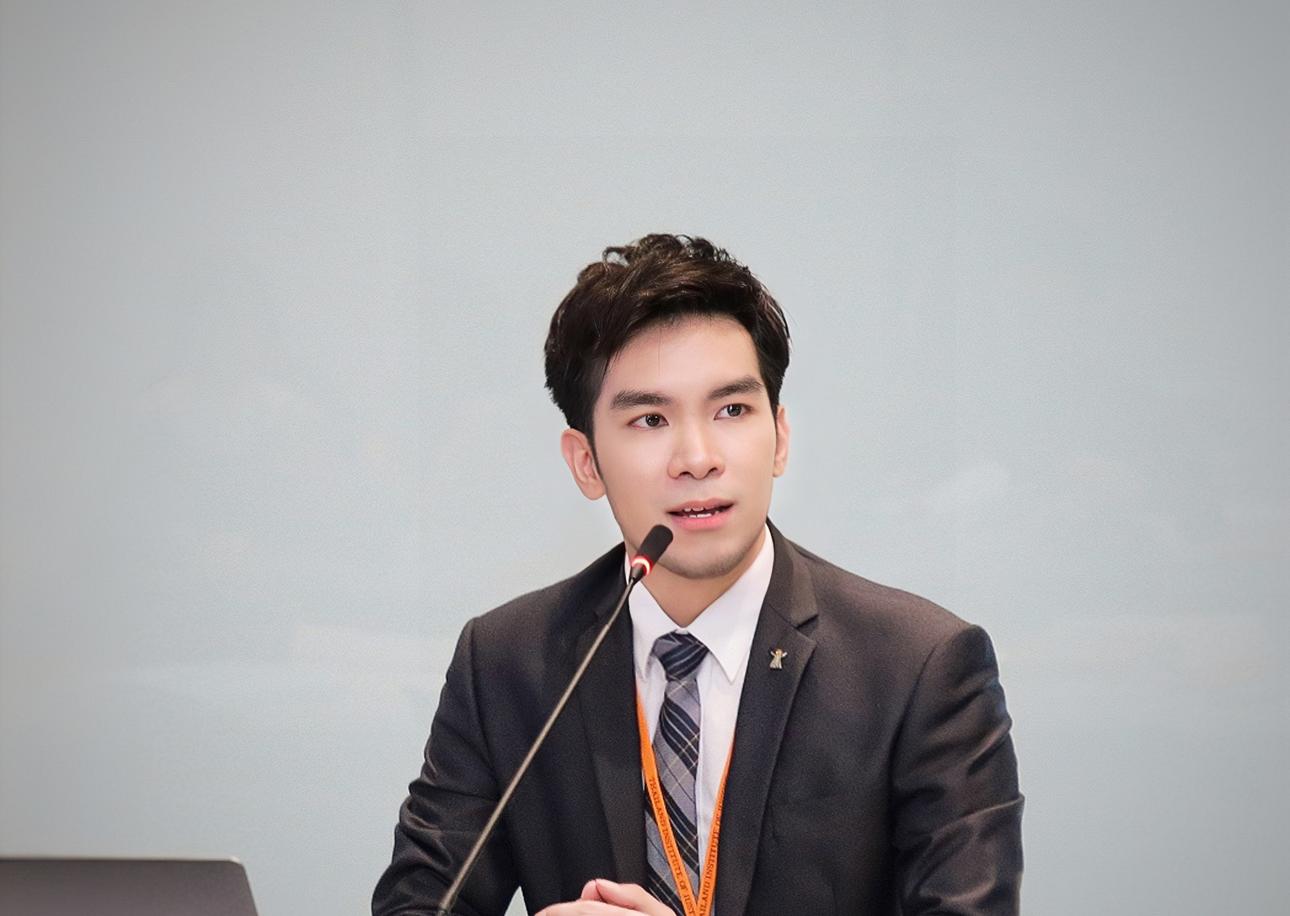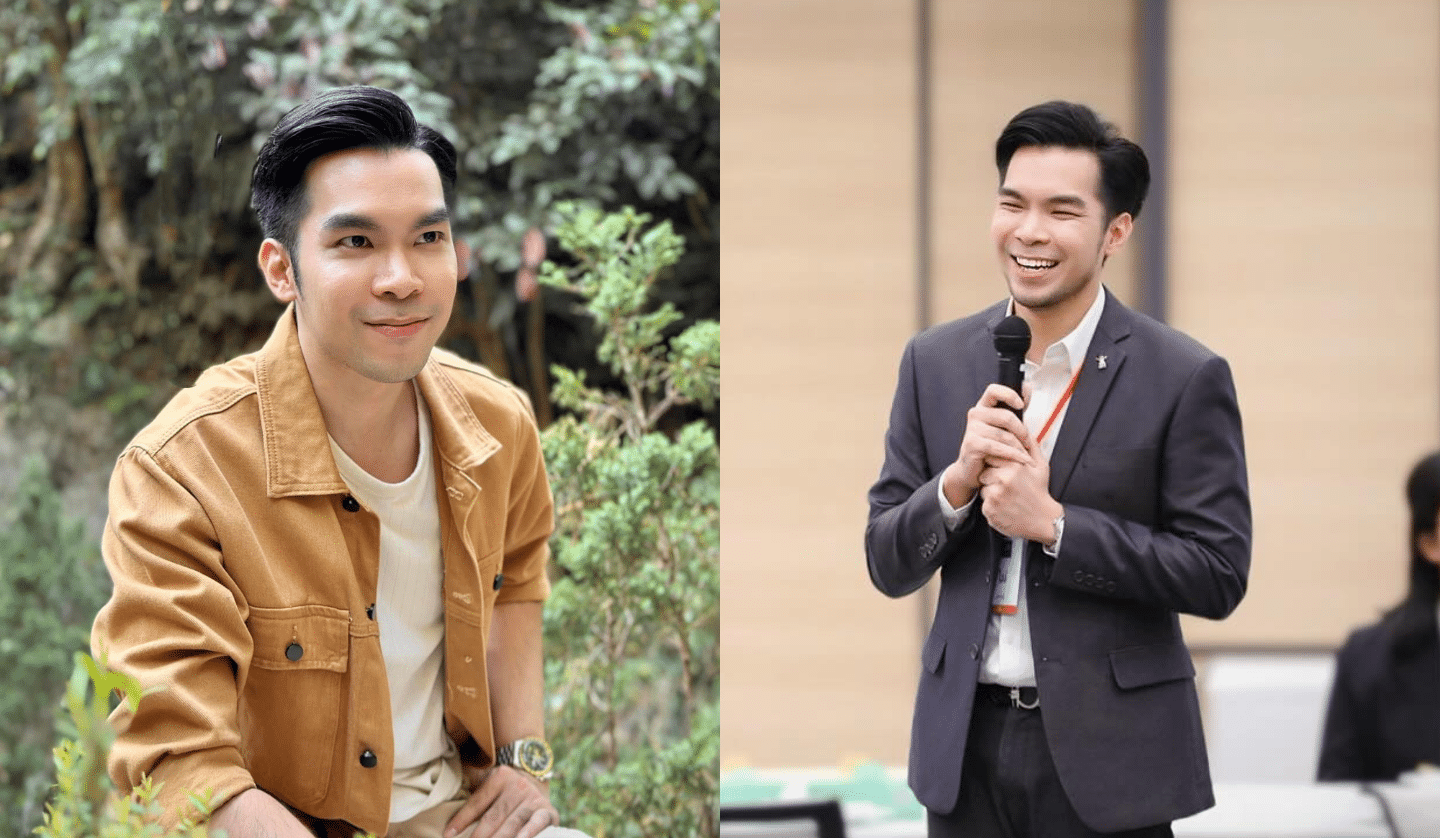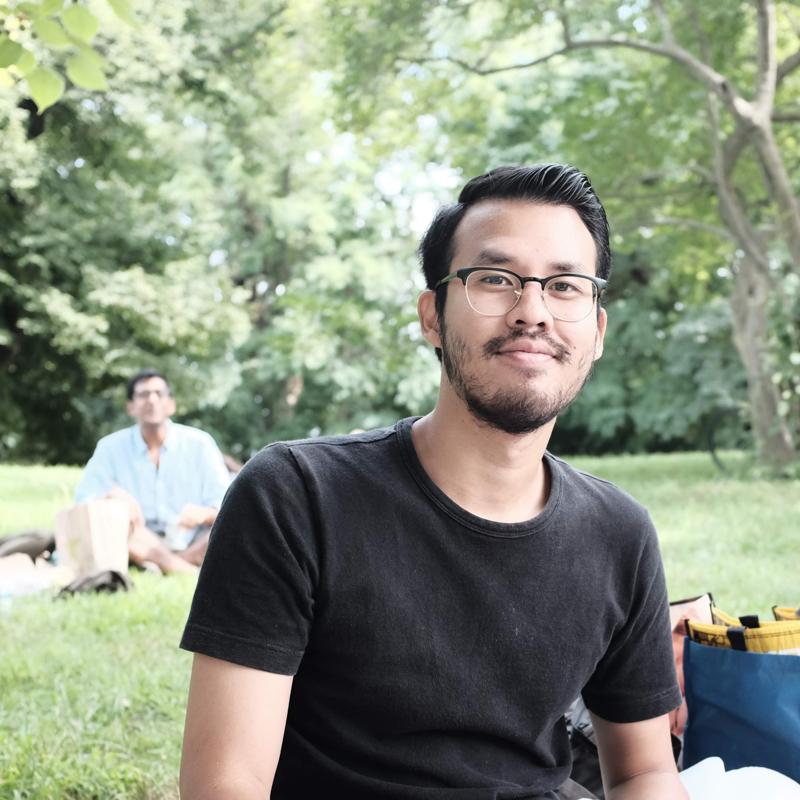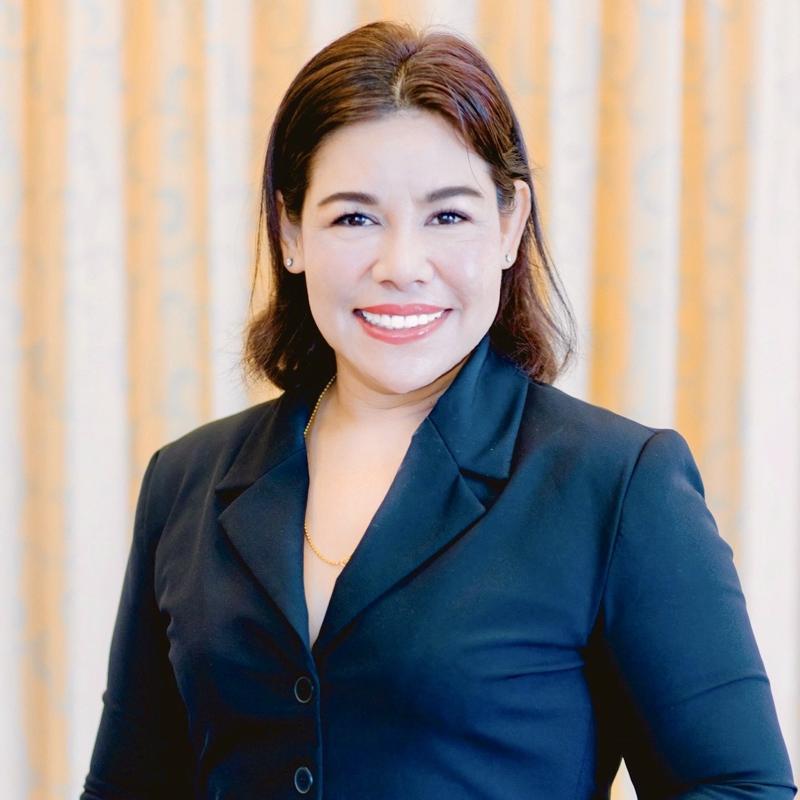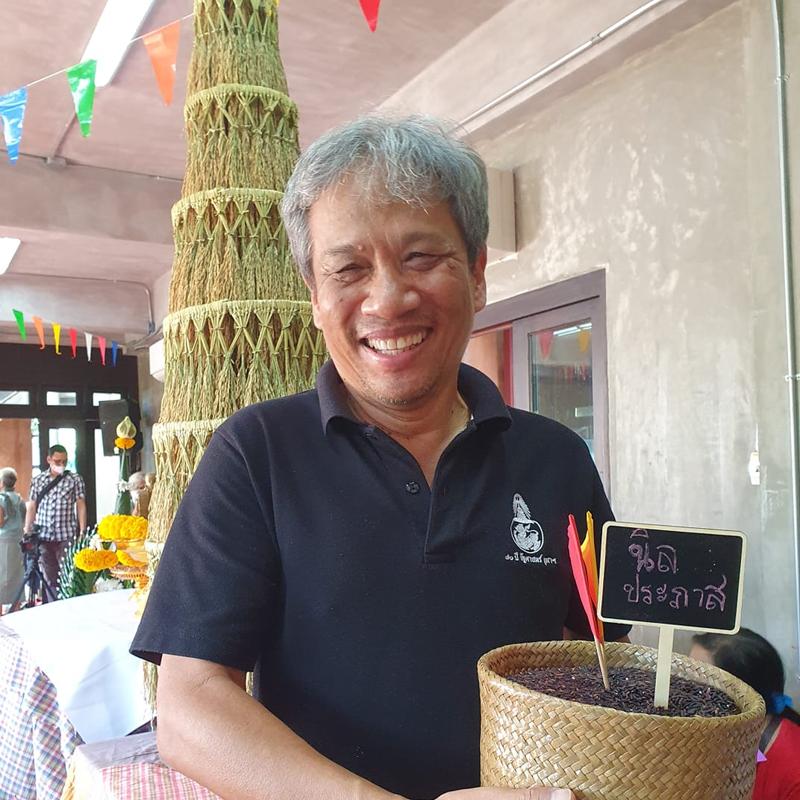A passionate advocate for the rule of law and criminal justice, Ukrit Sornprohm aims to create more inclusive and humane systems.
Specialising in Restorative Justice (RJ) at the Thailand Institute of Justice (TIJ), he leads research and programme development that places victims at the centre, encourages progressive shifts in drug policy and promotes a more peaceful and balanced society. His work has made a meaningful impact, helping to create a fairer and more harmonious Thailand.
Outside of TIJ, he also shares his expertise as a lecturer in criminal justice, construction law and legal reasoning at top universities including Thammasat and Chulalongkorn. We caught up with Ukrit to hear his reflections on his career path and his commitment to protecting the rights of all.

Justice, Reform and Human Rights
“Happiness, justice and peace are what I want to give back to my community,” Ukrit shares – words that reflect his deep commitment to a career centred on helping others.
“My role at TIJ is to lead research and programme implementation focused on promoting international standards on the rule of law and restorative justice, working closely with the UNODC and key domestic partners in the criminal justice system,” he explains.
The Thailand Institute of Justice (TIJ), where Ukrit works, is a research institute connected with the United Nations Crime Prevention and Criminal Justice Programme Network (UN-PNI). The aim is to promote research excellence and improve the justice process, while supporting Thailand’s involvement in the United Nations’ crime prevention and criminal justice initiatives and applying international standards at both the national and ASEAN levels.
“One of the biggest challenges I’ve faced in my career is the ongoing struggle to bring Thailand’s criminal justice system up to international standards.”
Failing to improve Thailand’s criminal justice system to meet international standards has serious consequences. In his work, Ukrit sees how the lack of human rights protections leads to unfair treatment, especially for vulnerable groups. Victims of crime may not receive the support, protection or fair compensation they deserve, leaving them feeling overlooked and powerless. His role at TIJ is driven by the belief that meaningful reform is essential to ensure justice is fair, inclusive and serves everyone.

His Inspiration
“What motivates me most today are the various stories of the lives of victims of crime. Their experiences drive my commitment to creating a fairer and more just system.”
His motivation – rooted in the real-life stories of crime victims – led to what he’s most proud of: contributing to the reform of Thailand’s drug policy, which played a key role in the development and passage of the new Drug Code in 2021. For Ukrit, this milestone represents progress toward a more just and compassionate criminal justice system.

He shared one of his favourite films that inspired him on his career path, Schindler’s List (1993), a historical drama directed by Steven Spielberg. It is based on the true story of Oskar Schindler, a German industrialist and member of the Nazi party, who saved the lives of over 1,100 Jewish people during the Holocaust.
Schindler’s List is widely acclaimed for its powerful storytelling and emotional depth. For Ukrit, it’s more than just a film – it’s a profound reminder of the impact one individual can have in the face of injustice. Ukrit is driven by the belief that meaningful change begins with the courage to stand up and act, even within complex systems.
Towards a More Just Future
Right now, Ukrit is focused on leading collaborative restorative justice programmes with the UNODC and national agencies like the Ministry of Justice and the Office of the Attorney General. These initiatives aim to shift the focus of criminal justice policies towards being more victim-centred, ensuring that victims receive the support they need, while encouraging changes in the system that promote fairness and rehabilitation. Ukrit hopes these efforts will contribute to creating a more balanced and harmonious society in Thailand with potential benefits that extend globally.
For Ukrit, one of his goals is to increase public awareness about restorative justice among criminal justice agencies and related stakeholders, including schools and communities. This initiative is part of his broader vision to encourage more inclusive and compassionate practices within Thailand’s justice system, ensuring that all individuals, including victims, offenders and communities, have the opportunity for healing and positive change.

